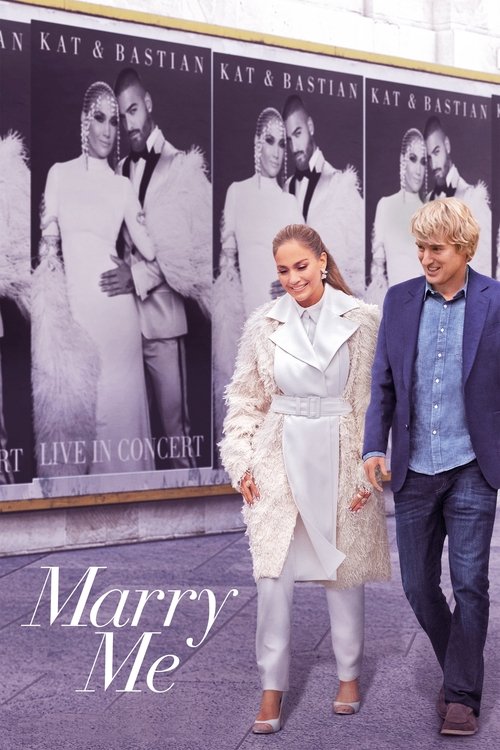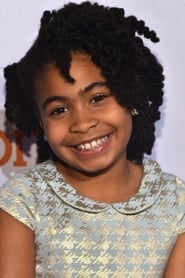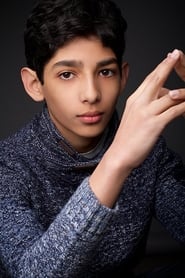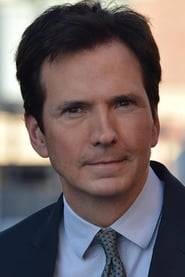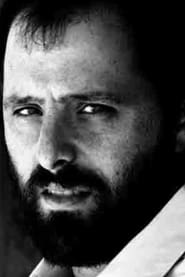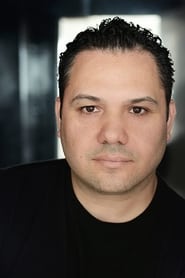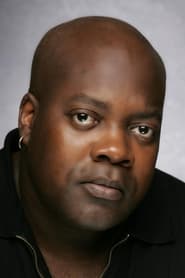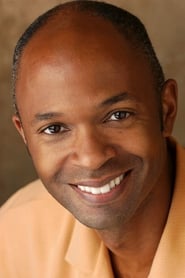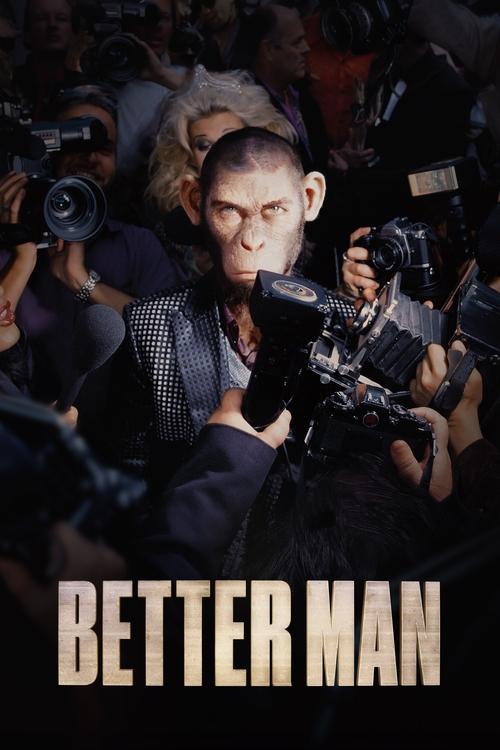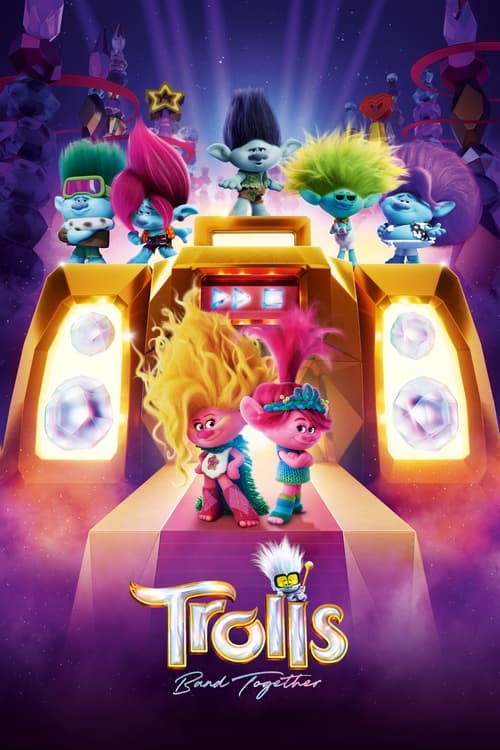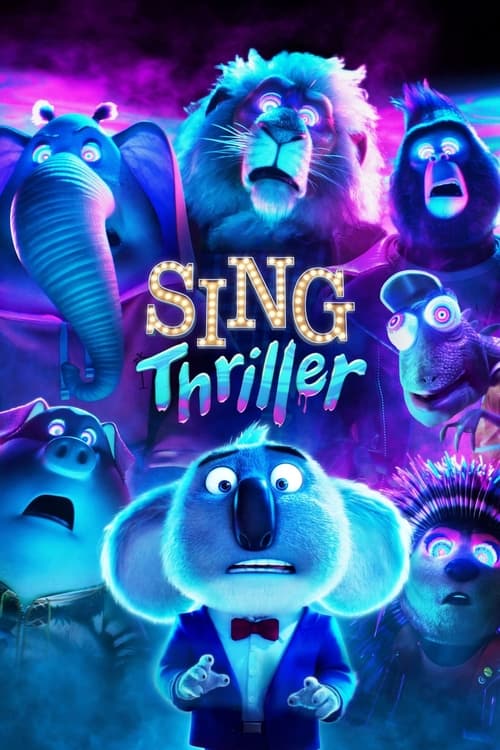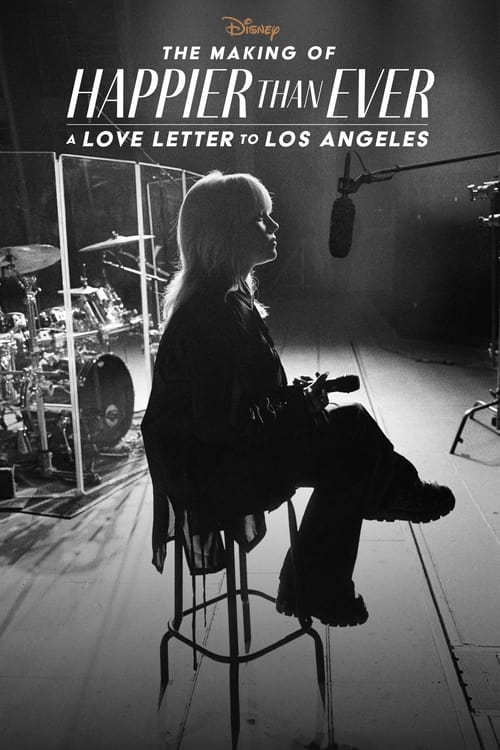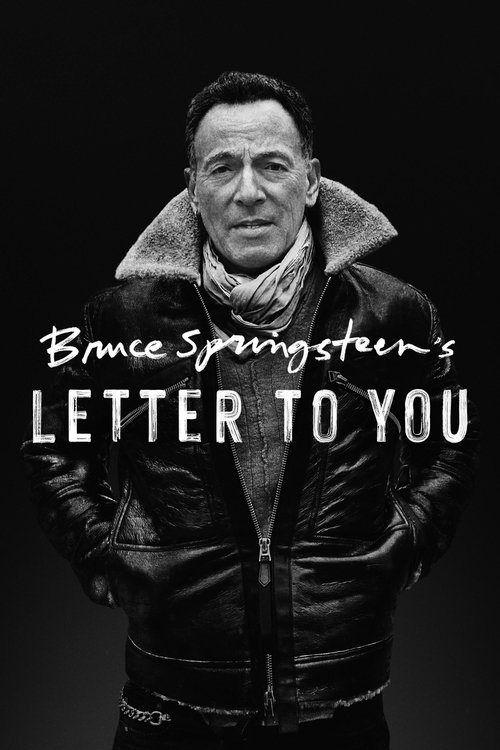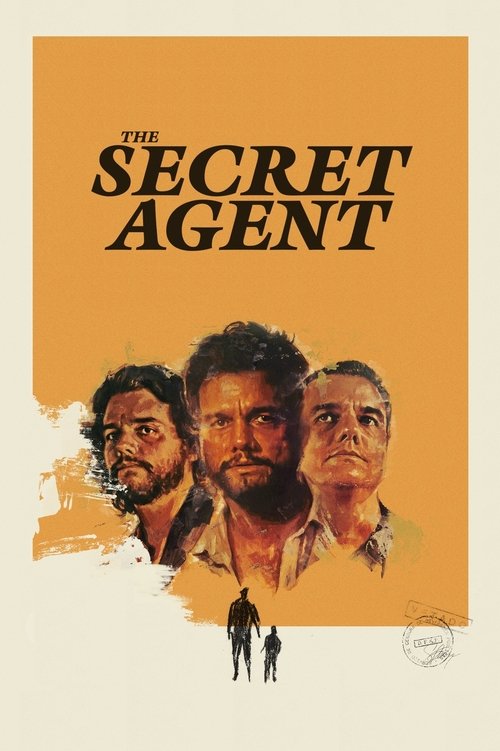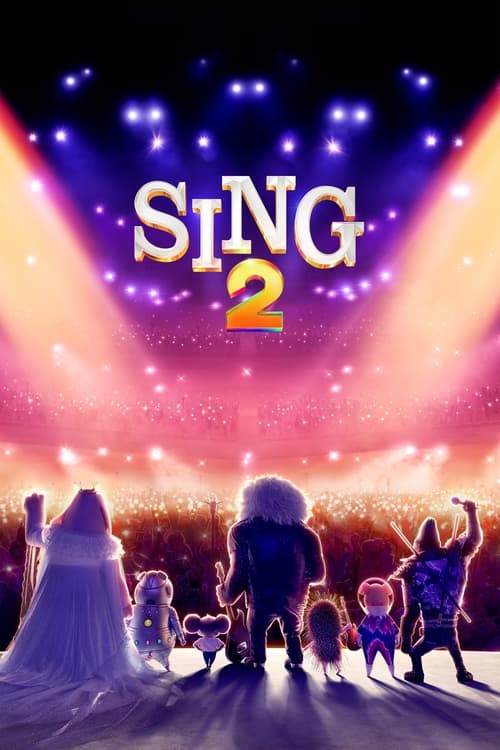
Ask Your Own Question
What is the plot?
The story opens with the dazzling spectacle of a sold-out stadium concert, where Kat Valdez (Jennifer Lopez), a globally renowned pop superstar, is moments away from marrying her fiancé, the equally famous rising music star Bastian (Maluma). Their hit single "Marry Me" has topped charts worldwide, and their wedding is set to be a spectacular, live-streamed event watched by millions. Kat, a Latin music icon with a history of four failed marriages, is poised to cement her image as part of the ultimate celebrity power couple. The atmosphere is electric, filled with fans, flashing cameras, and media personalities buzzing with anticipation.
Meanwhile, in stark contrast, Charlie Gilbert (Owen Wilson), a divorced high school math teacher, is reluctantly attending the concert with his daughter Lou (Chloe Coleman) and his best friend Parker (Sarah Silverman). Charlie's life is grounded in the ordinary--he teaches math, sponsors the school's math club called the "Pi-thons," and struggles to connect with Lou, who has been distant lately. Parker, ever the enthusiastic friend, insists they come to the concert to help Charlie be more "fun" and bond with his daughter.
As the ceremony begins, the crowd holds its breath. Kat is radiant in her wedding dress, ready to say "I do" to Bastian. But seconds before she walks down the aisle, her manager shows her a viral video on his phone: Bastian has been caught cheating on her with her assistant, Tyra. The revelation hits Kat like a thunderclap. The music fades, and the stadium's energy shifts to stunned silence. Kat's face crumples with heartbreak and disbelief. In that moment of raw vulnerability, her eyes scan the crowd and lock onto Charlie, who is holding a handmade sign that Lou had intended for Parker. The sign simply reads: "Marry Me."
In a spontaneous, almost surreal decision, Kat calls Charlie to the stage. The audience gasps as she declares, "I'm marrying you instead." Charlie, stunned and overwhelmed, hesitates but agrees, not wanting to add to her humiliation. The two strangers are married on the spot, live before millions. The ceremony is awkward and surreal, a collision of two worlds--the glamorous and the mundane--thrust together by fate and heartbreak.
After the ceremony, Kat refuses to speak to Bastian or Tyra, walking away with Charlie. Their parting is silent but charged with unspoken emotions. Kat retreats to her luxurious mansion, a symbol of her celebrity life, but her heart is broken. Charlie returns to his simple home, bewildered by the whirlwind he's been swept into.
The next day, the media frenzy explodes. Paparazzi swarm, social media buzzes with speculation, and the public questions Kat's mental state. To manage the narrative and protect her image, Kat's manager, Collin, advises her to maintain the marriage publicly for a few months. Kat, determined not to let Bastian control the story, insists on this plan. Charlie, initially reluctant and feeling like he's helping someone in crisis, agrees to play along. The arrangement is meant to be temporary, a facade to soothe the storm.
Kat and Charlie embark on a whirlwind publicity tour. Charlie poses awkwardly for photos and interviews, uncomfortable with the spotlight but committed to supporting Kat. Kat, meanwhile, begins to see a different side of life outside the celebrity bubble. She visits Charlie's school, engaging with his students and even teaching them some dance moves, symbolizing her willingness to embrace his world. Charlie encourages Kat to drop the pretense--turn off the cameras and be herself. Their interactions, initially polite and distant, gradually grow warmer and more genuine.
Throughout this time, Kat's past is revealed in fragments: her four previous marriages, each ending in heartbreak, have left her wary of love. Charlie's struggles with Lou, who is still adjusting to her parents' divorce, add emotional depth to his character. Their worlds, so different on the surface, share common themes of vulnerability, healing, and the search for connection.
The tension escalates as Kat and Charlie face public scrutiny and personal doubts. Kat's team pushes for a quick end to the charade, worried about the impact on her career. Charlie wants to protect Lou from the chaos. Yet, despite the pressures, their bond deepens. During a heartfelt moment, Kat confesses, "I don't know what this is, but it feels real." Charlie responds with quiet sincerity, "Maybe that's enough."
No deaths occur in the story; the conflicts are emotional and relational rather than physical. The major confrontations are between Kat and Bastian, who is revealed as unfaithful, and between Kat and the relentless media spotlight. Kat never confronts Bastian or Tyra directly after the wedding; instead, she cuts ties silently, focusing on her new, unexpected marriage.
As the film reaches its climax, Kat and Charlie must decide whether their marriage is just a public stunt or something more profound. They confront their fears and differences, realizing that love can be messy and unpredictable. In the final scenes, they choose to embrace their relationship genuinely, stepping into a future together with hope and openness.
The movie closes on a tender note, with Kat and Charlie sharing a quiet moment that suggests their marriage will endure beyond the cameras and headlines. Their story becomes a testament to finding love in unexpected places and the courage to embrace change and vulnerability.
This flowing narrative captures every major plot point, character revelation, confrontation, and the full resolution of Marry Me (2022), revealing a heartfelt story of love, heartbreak, and new beginnings.
More Movies Like This
Browse All Movies →
What is the ending?
In the ending of "Marry Me," Kat Valdez, played by Jennifer Lopez, ultimately chooses to be with Charlie Gilbert, portrayed by Owen Wilson, after a series of emotional revelations. The film concludes with a heartfelt moment where Kat performs a song for Charlie, solidifying their connection and commitment to each other.
As the final act unfolds, the scene opens with Kat Valdez standing on stage at a concert, her heart heavy with the weight of her recent experiences. She has just come from a tumultuous moment where she confronted the reality of her relationship with her fiancé, Bastian, who has betrayed her. The audience is buzzing with anticipation, but Kat's mind is elsewhere, reflecting on her journey and the unexpected bond she has formed with Charlie.
In a pivotal moment, Kat decides to take a leap of faith. She looks out into the crowd, her eyes searching for Charlie, who is standing there, a mix of hope and uncertainty on his face. The music begins, and she starts to sing a new song, one that encapsulates her feelings and the transformation she has undergone. The lyrics resonate with themes of love, trust, and the courage to embrace the unknown.
As she sings, the camera captures the emotional intensity of the moment. Kat's voice is powerful, filled with vulnerability and strength, and the audience is captivated. Charlie watches her, his heart swelling with admiration and affection. The connection between them is palpable, and it becomes clear that their relationship has evolved from a spontaneous decision to something deeper and more meaningful.
After the performance, Kat steps off the stage, her heart racing. She approaches Charlie, who is waiting for her with a mixture of excitement and trepidation. In this intimate moment, they share their feelings openly. Kat expresses her gratitude for Charlie's unwavering support and kindness, acknowledging how he has helped her rediscover herself amidst the chaos of her life.
Charlie, in turn, reveals his own fears and insecurities, but he also shares his desire to be with her, despite the challenges they may face. Their conversation is filled with honesty and vulnerability, showcasing their growth as individuals and as a couple. They both realize that love is not just about grand gestures but about finding someone who truly understands and accepts you.
The film culminates in a tender moment where Kat and Charlie embrace, solidifying their commitment to each other. The scene is filled with warmth and hope, symbolizing a new beginning for both characters. As they walk away together, hand in hand, the camera pans out, capturing the joy and possibility that lies ahead.
In the final moments, the audience is left with a sense of closure for both Kat and Charlie. Kat has moved on from her past, finding a love that is genuine and supportive, while Charlie has stepped out of his comfort zone, embracing the adventure of love. The film ends on a hopeful note, emphasizing the importance of taking chances and the transformative power of love.
Is there a post-credit scene?
In the movie "Marry Me," there is no post-credit scene. The film concludes with a resolution to the main storyline, focusing on the characters' emotional journeys and their decisions regarding love and commitment. After the climax, where Kat Valdez, played by Jennifer Lopez, makes a pivotal choice about her future, the film wraps up without any additional scenes during or after the credits. The ending emphasizes the themes of love, authenticity, and the importance of following one's heart, leaving the audience with a sense of closure.
What motivates Kat Valdez to marry a stranger during the concert?
Kat Valdez, played by Jennifer Lopez, is driven by a mix of heartbreak and impulsiveness. After discovering her fiancé, Bastian, has been unfaithful just moments before their wedding, she feels betrayed and lost. In a moment of desperation and seeking a fresh start, she impulsively decides to marry Charlie Gilbert, a stranger in the audience, as a way to reclaim control over her life and make a bold statement.
How does Charlie Gilbert react to being proposed to by Kat Valdez?
Charlie Gilbert, portrayed by Owen Wilson, is initially shocked and bewildered when Kat Valdez proposes to him on stage. He is an ordinary math teacher who never expected to be in such a situation. His internal conflict is palpable as he grapples with the surreal nature of the moment, feeling both flattered and overwhelmed by the attention and the implications of marrying a global superstar.
What challenges do Kat and Charlie face in their relationship after the impulsive marriage?
After their impulsive marriage, Kat and Charlie face numerous challenges, including the intense media scrutiny that comes with Kat's celebrity status. Charlie struggles with feelings of inadequacy and the pressure of being in the public eye, while Kat grapples with her own emotional turmoil and the fallout from her previous relationship. Their differing lifestyles and the expectations from the public create tension as they try to navigate their unexpected union.
How does Kat's relationship with her best friend, Parker, influence her decisions?
Kat's relationship with her best friend, Parker, played by Sarah Silverman, serves as a crucial support system throughout the film. Parker encourages Kat to embrace her feelings and take risks, pushing her to explore her connection with Charlie. However, Parker also expresses concern about the impulsiveness of Kat's decisions, highlighting the tension between supporting her friend and ensuring she makes choices that are truly in her best interest.
What role does social media play in the development of Kat and Charlie's relationship?
Social media plays a significant role in the development of Kat and Charlie's relationship, amplifying both the excitement and the challenges they face. Their marriage becomes a trending topic, with fans and critics alike scrutinizing their every move. This constant online presence creates pressure on Charlie, who is not accustomed to such attention, while it also forces Kat to confront her own vulnerabilities and the reality of her public persona versus her private life.
Is this family friendly?
"Marry Me," produced in 2022, is generally considered family-friendly, but there are a few elements that might be objectionable or upsetting for children or sensitive viewers.
-
Romantic Themes: The film revolves around a romantic relationship that includes discussions about love, heartbreak, and marriage, which may be complex for younger audiences to fully grasp.
-
Public Humiliation: There are scenes where characters experience public embarrassment or emotional distress, particularly during a high-stakes concert and its aftermath, which could be uncomfortable for some viewers.
-
Divorce References: The film touches on themes of divorce and the emotional fallout from broken relationships, which might resonate with children from divorced families or those sensitive to such topics.
-
Mild Language: There are instances of mild profanity and suggestive language that may not be suitable for very young viewers.
-
Emotional Conflict: Characters face personal dilemmas and emotional struggles, including feelings of inadequacy and insecurity, which could be intense for some viewers.
Overall, while the film is light-hearted and comedic, these elements may require parental guidance for younger audiences.

